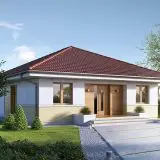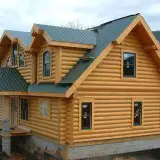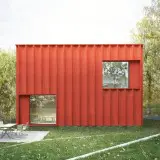What To Check Before Buying A House – Brief Guide To A Sound Purchase
Buying a house is something most of us do, as the slogan goes, once in a lifetime. For this reason, the purchase must go hand in hand with a thorough evaluation of a lot of aspects that do not relate only to architecture and the way the house is structured. From finishes, location, distance to the work place or the nearest kindergarten/school, these are all elements that must be first put on paper and then part of the evaluation for a final decision. Below is what to check before buying a house for you to enjoy a long-term and confident acquisition.
First, the location of the house is very important. It’s probably the first thing you visually evaluate when examining a house. Besides a glimpse thrown over the fence to the neighbors, you also have to place the location of the house in relation to where you work and the nearest kindergarten or school. A good part of the price is also reflected in the neighborhood where the house is located.
Since we mentioned price, a fair appreciation of the value of a house is done through an evaluation that covers several aspects: location, structure, size, finishes and land lot surface. You can have an overview of the price by checking other houses on sale in the same neighborhood, doing some research on forums or, ultimately, asking for the opinion of a specialist. Real estate experts still say that in general, the initial price of the seller may decrease by 5-10 percent if you have strong knowledge about the local market prices and if you have some negotiating skills. The basic rule is, however, not to rush!
Besides the price of the house itself, make an assessment of the costs that the purchase will subsequently incur. We refer here to the degree of completion of the house and what investments will be made later if renovation is required, maintenance costs, property tax, home insurance etc. Check how well insulated the house is because utility bills will be closely related to this issue.
Of course, important is also the physical assessment of the house that includes many components: the way the rooms are located, how spacious they are and how are located in connection to the cardinal directions so enjoy the advantage of natural light, quality of the finishes, if there’s any mold and dampness on walls, quality of fixtures in bathroom and kitchen, check the roof line to detect irregularities. All this can give an overview of the quality of execution, and the costs you may have to support after the purchase.
Sources: Realestate.com.au, Houzz.com, Burcash.ro


















